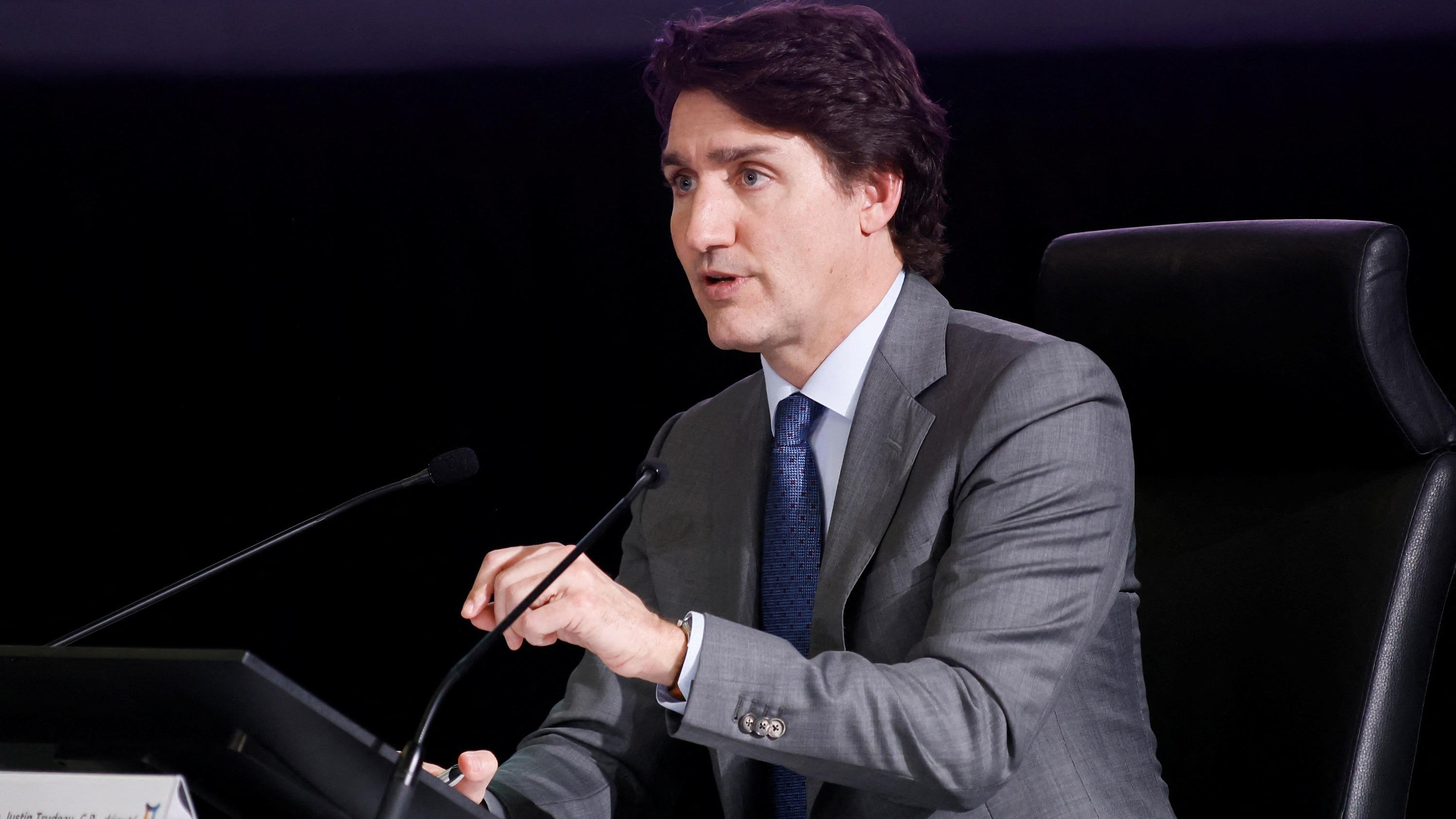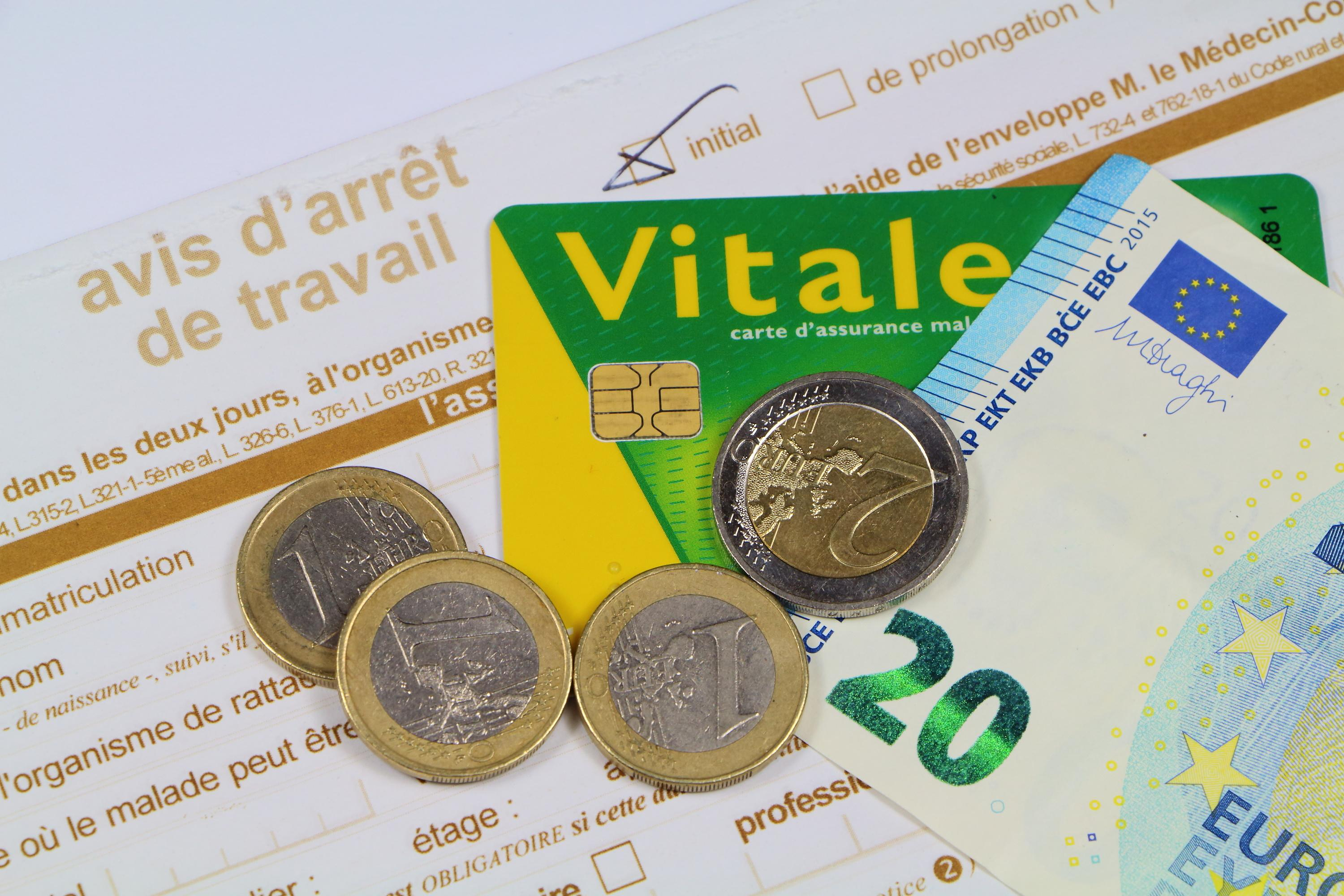Political maneuver or really good idea? Canada unveiled new taxes on the richest on Tuesday April 16 during the presentation of its federal budget. This measure should make it possible in particular to finance housing and appeal to younger people affected by the increasing cost of living.
Justin Trudeau's government is forecasting more than 20 billion Canadian dollars in revenue over five years, mainly thanks to this new tax system.
It is also counting on a slowdown in its economy in 2024 but believes it can avoid recession despite relatively high interest rates which are weighing on the economy. Most of the new spending is aimed at the education, housing and jobs sectors, all pressure points for young voters.
With more than 10 points behind his main rival, Conservative leader Pierre Poilievre, in the polls, Liberal Prime Minister Justin Trudeau must regain the support of Canada's youngest voters who propelled him to power in 2015 in order to win the election expected in a little over a year. “Today, a carpenter or a nurse can pay taxes at a marginally higher percentage than a multimillionaire. It is not fair. This must change, and it will change,” Budget Minister Chrystia Freeland said on Tuesday.
The latter promised “fairness for every generation”. “For too many young Canadians, especially Millennials and Generation Z, it feels like their hard work isn't paying off,” she said. They do not benefit from the same conditions as their parents and grandparents.”
With the rising cost of living being a major concern for most Canadians, Chrystia Freeland's budget presents a series of new spending to reduce household bills.
The government has also committed, in the context of a housing crisis, to building 3.87 million additional homes by 2031 “at a pace and on a scale not seen since the post-Second World War”, he said. declared Chrystia Freeland in Parliament. To do this, Ottawa will open public land for housing, convert federal offices into apartments, and tax vacant properties.
New home prices fell slightly in March, but not enough to offset rising mortgage interest costs that kept many new buyers out. Inflation has been below 3% since January, but for the moment without leading to a reduction in the interest rates set by the Bank of Canada.
The budget also provides funds for a program allowing free contraception, strengthening budgets to fight foreign interference as well as more to counter forest fires. In anticipation of a fire season that promises to be catastrophic, Ottawa is also doubling the tax credit for volunteer firefighters.
Furthermore, economists surveyed by the government have revised upwards forecasts now counting on growth of 0.7% this year compared to 0.5% announced in the November economic report. Chrystia Freeland indicated that the national debt will increase slightly during the 2024-2025 fiscal year to reach a new record of 1.3 trillion Canadian dollars. Canada's debt-to-GDP ratio is expected to fall to 41.9%. As for the deficit, it should be a little lower than expected, at 39.8 billion Canadian dollars, and remain stable before starting to decrease in 2026-2027.

 Russia: schools will train children to use drones at the start of the school year
Russia: schools will train children to use drones at the start of the school year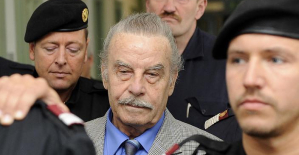 Austria: incestuous torturer Josef Fritzl, nicknamed the “national monster”, could soon be released
Austria: incestuous torturer Josef Fritzl, nicknamed the “national monster”, could soon be released An airline continues to treat a centenarian as a one-year-old baby
An airline continues to treat a centenarian as a one-year-old baby Germany: the trial of nine “Citizens of the Reich” conspirators begins this Monday
Germany: the trial of nine “Citizens of the Reich” conspirators begins this Monday Sánchez cancels his agenda and considers resigning: "I need to stop and reflect"
Sánchez cancels his agenda and considers resigning: "I need to stop and reflect" The Federal Committee of the PSOE interrupts the event to take to the streets with the militants
The Federal Committee of the PSOE interrupts the event to take to the streets with the militants Repsol: "We want to lead generative AI to guarantee its benefits and avoid risks"
Repsol: "We want to lead generative AI to guarantee its benefits and avoid risks" Osteoarthritis: an innovation to improve its management
Osteoarthritis: an innovation to improve its management Sanofi: demonstration in front of Paris headquarters against job cuts
Sanofi: demonstration in front of Paris headquarters against job cuts The Chinese car manufacturer BYD sets out to conquer France
The Chinese car manufacturer BYD sets out to conquer France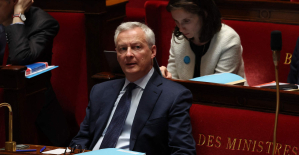 Public finances: after the deputies, Bruno Le Maire asks the senators for savings avenues
Public finances: after the deputies, Bruno Le Maire asks the senators for savings avenues Faced with opposition from London, a fund supported by Abu Dhabi abandons the purchase of the Daily Telegraph
Faced with opposition from London, a fund supported by Abu Dhabi abandons the purchase of the Daily Telegraph Omar Sy on all cultural fronts
Omar Sy on all cultural fronts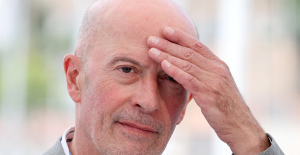 Jacques Audiard, Swann Arlaud, Benjamin Stora... A hundred men from cinema, theater and books in support of
Jacques Audiard, Swann Arlaud, Benjamin Stora... A hundred men from cinema, theater and books in support of Resale, scams and fake tickets: how not to get scammed before Taylor Swift concerts
Resale, scams and fake tickets: how not to get scammed before Taylor Swift concerts Isild Le Besco is not ready to file a complaint against Benoît Jacquot
Isild Le Besco is not ready to file a complaint against Benoît Jacquot Omoda 7, another Chinese car that could be manufactured in Spain
Omoda 7, another Chinese car that could be manufactured in Spain BYD chooses CA Auto Bank as financial partner in Spain
BYD chooses CA Auto Bank as financial partner in Spain Tesla and Baidu sign key agreement to boost development of autonomous driving
Tesla and Baidu sign key agreement to boost development of autonomous driving Skoda Kodiaq 2024: a 'beast' plug-in hybrid SUV
Skoda Kodiaq 2024: a 'beast' plug-in hybrid SUV The home mortgage firm rises 3.8% in February and the average interest moderates to 3.33%
The home mortgage firm rises 3.8% in February and the average interest moderates to 3.33% This is how housing prices have changed in Spain in the last decade
This is how housing prices have changed in Spain in the last decade The home mortgage firm drops 10% in January and interest soars to 3.46%
The home mortgage firm drops 10% in January and interest soars to 3.46% The jewel of the Rocío de Nagüeles urbanization: a dream villa in Marbella
The jewel of the Rocío de Nagüeles urbanization: a dream villa in Marbella Europeans: a senior official on the National Rally list
Europeans: a senior official on the National Rally list Blockade of Sciences Po: the right denounces a “drift”, the government charges the rebels
Blockade of Sciences Po: the right denounces a “drift”, the government charges the rebels Even on a mission for NATO, the Charles-de-Gaulle remains under French control, Lecornu responds to Mélenchon
Even on a mission for NATO, the Charles-de-Gaulle remains under French control, Lecornu responds to Mélenchon “Deadly Europe”, “economic decline”, immigration… What to remember from Emmanuel Macron’s speech at the Sorbonne
“Deadly Europe”, “economic decline”, immigration… What to remember from Emmanuel Macron’s speech at the Sorbonne These French cities that will boycott the World Cup in Qatar
These French cities that will boycott the World Cup in Qatar Bayern Munich-Real Madrid: in video, all the goals from the C1 clash
Bayern Munich-Real Madrid: in video, all the goals from the C1 clash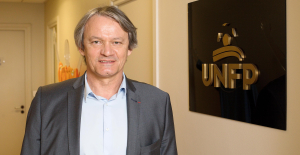 Ligue 1: Zaire-Emery, Yoro, Roy, Griezmann... The others nominated for the UNFP Trophies
Ligue 1: Zaire-Emery, Yoro, Roy, Griezmann... The others nominated for the UNFP Trophies Bayern Munich-Real Madrid: in video, the magnificent tifo in tribute to Franz Beckenbauer
Bayern Munich-Real Madrid: in video, the magnificent tifo in tribute to Franz Beckenbauer Ayrton Senna: 30 anecdotes that you (perhaps) don't know about the Brazilian who died thirty years ago
Ayrton Senna: 30 anecdotes that you (perhaps) don't know about the Brazilian who died thirty years ago